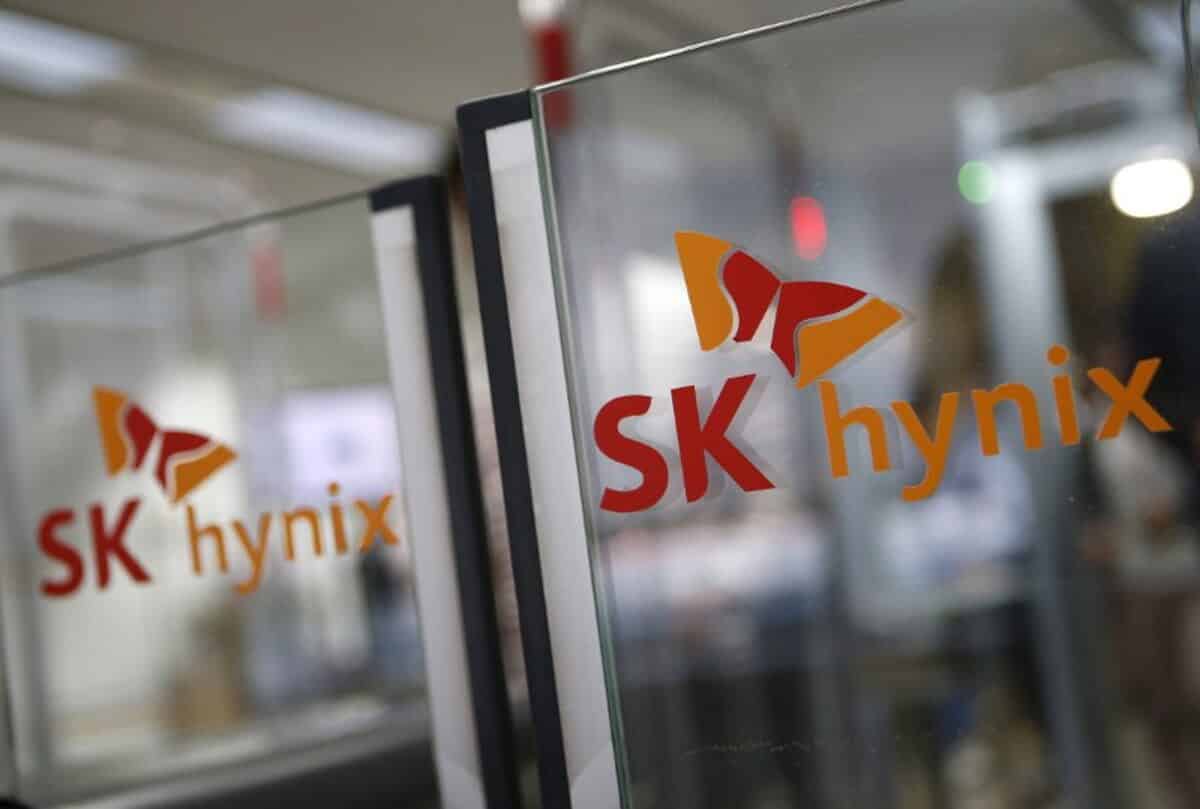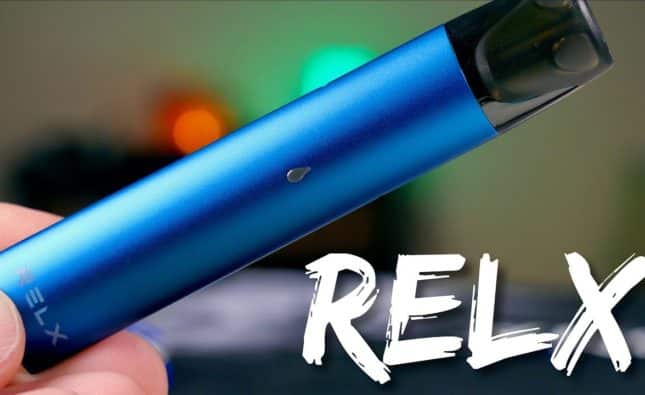China has been one of the most aggressive movers in the memory chip-making industry, and it seeks to become the leading nation as far as chip manufacturing is concerned. As a result, one of the world’s leading chip makers, South Korea’s SK Hynix, has now decided to set up as many as 4 new chip-making factories and the company plans to spend a jaw-dropping $107 billion towards the project.
The expected launch of 5G all over the world is going to further push the demand for compatible memory chips to a higher level, and it is only natural that Hynix wants to grab a major slice of that market. In addition to that, the wider adoption of electric cars and more connected devices will further create demand for next-generation memory chips.
Needless to say, it is a huge bet from the South Korean company, but at the same time, it is a calculated risk that could pay off handsomely. It must be kept in mind that the chip market is currently going through a bit of a slowdown after the sales of smartphones tapered off recently. The plants that are going to be built will be for chip fabrication, and it is believed that they will be located on the outskirts of Seoul. The factories are expected to open in 2022. The entire site sprawls over 4.5 million square meters. In addition to this massive investment in the four new factories, Hynix is also going to spend $49 billion over the next 10 years on two of its current factories.
This marks a clear change of strategy for the chip maker, who is well known for being particularly cautious. However, the threat of China is very real, and this ambitious new project could end up being a game changer. It is important to note that China reigns as the biggest consumer of chips in the world and it is hardly surprising that the country wants to be self-sufficient shortly. In 2017 alone, the country imported chips worth $270 billion. While China is a threat, it also remains an opportunity for major chip manufacturers. An analyst at Mirae Asset Daewood said, “Though there is not enough chip demand for autonomous cars now, I believe there will be much more demand for self-driving vehicles in the next 10 years or as early as in 2023 or 2024. That will create more chip demand for SK Hynix.”


